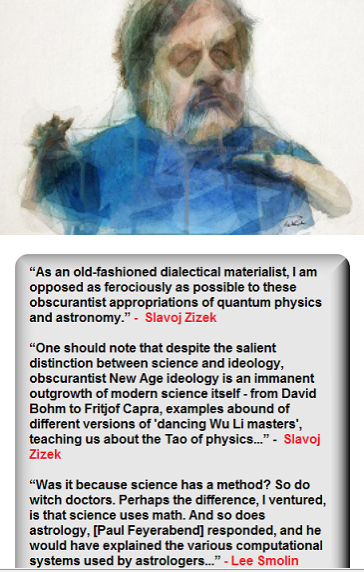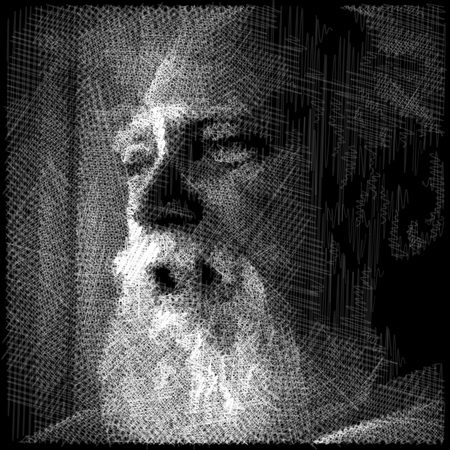“Each person is participating, is partaking of the whole meaning of the group and also taking part in in it”
David Bohm
I am reading On Dialogue. Not sure where I got that quote from though, had it hovering here in some scraps. It is central to the idea that dialogue is NOT just exchanging information but CREATING something new, that that is common to the participants.
This idea has been central my understanding ever since I first participated in groups in the early eighties. I knew something was happening that was bigger than me yet fully connected. My Psychodrama thesis tries to articulate this ideas. Now it is here well expressed by David Bohm.
Listening is not just about “getting it”, it is also about doing something more. I am thinking of the Imago dialogue as I read the passage below from the first chapter: On Communication, page 3. Imago is about getting it, and the doing the Validation step, which is still not quite what Bohm is getting at. Perhaps the “difference” does not emerge until the response?
Nevertheless, this meaning does not cover all that is signified by communication. For example, consider a dialogue. In such a dialogue, when one person says something, the other person does not in general respond with exactly the same meaning as that seen by the first person. Rather, the meanings are only similar and not identical. Thus, when the second person replies, the first person sees a difference between what he or she meant to say and what the other person understood. On considering this difference, they may then be able to see something new, which is relevant both to their own views and to those of the other person. And so it can go back and forth, with the continual emergence of a new content that is common to both participants. Thus, in a dialogue, each person does not attempt to make common certain ideas or items of information that are already known to him or her. Rather, it may be said that the two people are making something in common, i.e., creating something new together.
But of course such communication can lead to the creation of something new only if people are able freely to listen to each other, without prejudice, and without trying to influence each other…
The full summary, validation & empathy steps seem important not just to exchange information, but to connect. To go beyond prejudice and trying to push an agenda requires the Imago steps.
Validation also leads to the creativity that Bohm is valuing. Validation involves making sense of the other while standing in their shoes, then facing them and saying you makes sense, and what makes sense is… seeing and experiencing how things hang together in their world. Understanding involves knowing how various things interconnect. To see the other persons world like that, and then to let them know how you see it may lead to encounter. Validation is a step towards encounter. Stepping into the other’s shoes and seeing the world differently may lead to new insights in the listener. The suspension of judgment is not to abandon ones judgment or perspective. There is an internal encounter… material for the next response.
Validation operationalises what Bohm is calling creativity – and Moreno calls encounter.


